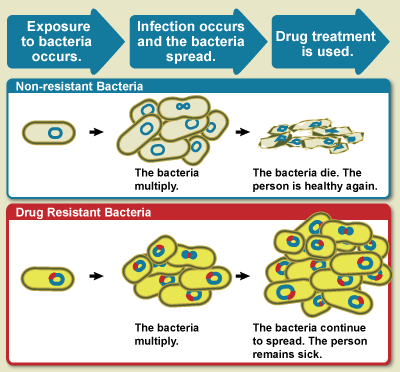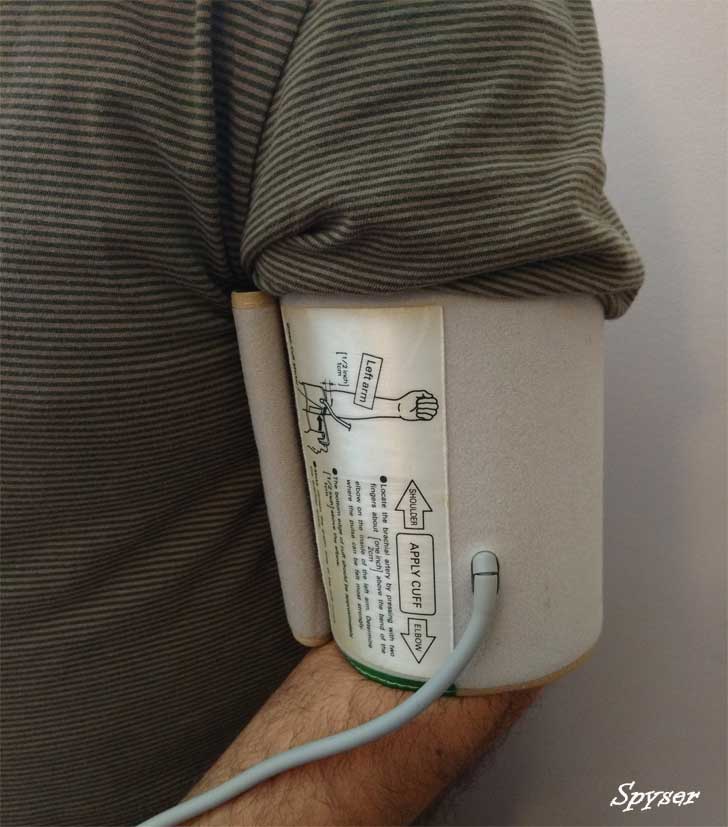Marriage Could Improve Your Survival Odds against Cardiac Arrest.

Having a spouse could increase your probability of surviving cardiac arrests. This is reportedly linked to the minimized duration of hospitalization – according to groundbreaking research tabled at the British Cardiovascular Society (BCS) Conference in Manchester on 7th June 2016.
The dedicated team of medics – a joint effort between researchers at institutions such as Aston Medical School and the renowned University of East Anglia – consistently established that married individuals were up to14 per cent less probable to succumb to a heart attack than their single or divorced counterparts.
The study also found those individuals who have spouses often spend fewer days in hospital than unmarried people. There are 188,000 documented episodes that are attributed to cardiac arrest in the United Kingdom every year, which translates to one attack within every three minutes. Major improvements in diagnostic analysis and cure steered by the trailblazing researchers mean that an estimated seven out of ten individuals now survive a cardiovascular attack.
The team painstakingly studied well over 25,000 patients who have a heart attack record that occurred anywhere between January 2000 and March 2013. The meticulous scholastic inquest was undertaken by the ACALM (Algorithm for Comorbidities, Associations, Length of stay and Mortality) Study Unit. The algorithm has assembled a one-million-patient dataset that is gleaned from the Hospital Episode Statistics (HES) statistics from the North of England.
It is not explicit from these research findings why married individuals are more likely to survive a heart attack but the medics feel that the findings emphasize the essence of physical and emotional assistance after the unfortunate event. While past studies have connected marriage to improved heart attack results, this is the very first health study to put forward the adequately supported claim that one’s marital status has significant impact on how quickly heart attack victims are discharged.
Being released from a medical facility sooner could be a key financial milestone to the NHS – the average cost each day for a sick person to stay on a surgical ward is up to £400 and it is estimated that reducing length of stays in cardiology alone could save the NHS up to £9.8 million. And shortened stays can be great for patients as they are widely thought to lower the risk of hospital-related infections.
The group of researchers again maintains that the revealing outcomes show the dire necessity for medical practitioners to think about the psychosocial ramifications of a heart attack, and thus reflect on them as a key risk factor, when handling the discharge of a heart attack patient.
Dr Nicholas Gollop, from UEA’s Norwich Medical School, opined: “Our results should not be a cause for concern for single people who have had a heart attack. But they should certainly be a reminder to the medical community of the importance of considering the support a heart attack survivor will get once they’re discharged.”
The group hopes to increase the ACALM dataset in upcoming studies, where they intent to look at longer-term results and consider the full impact of an individual’s marital status on other heart-related complications such as heart breakdown, and also assess the effect of prospective interventions like cardiac rehab.






